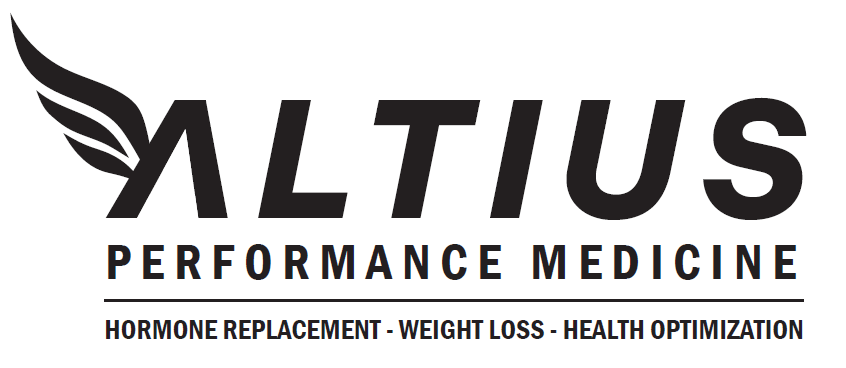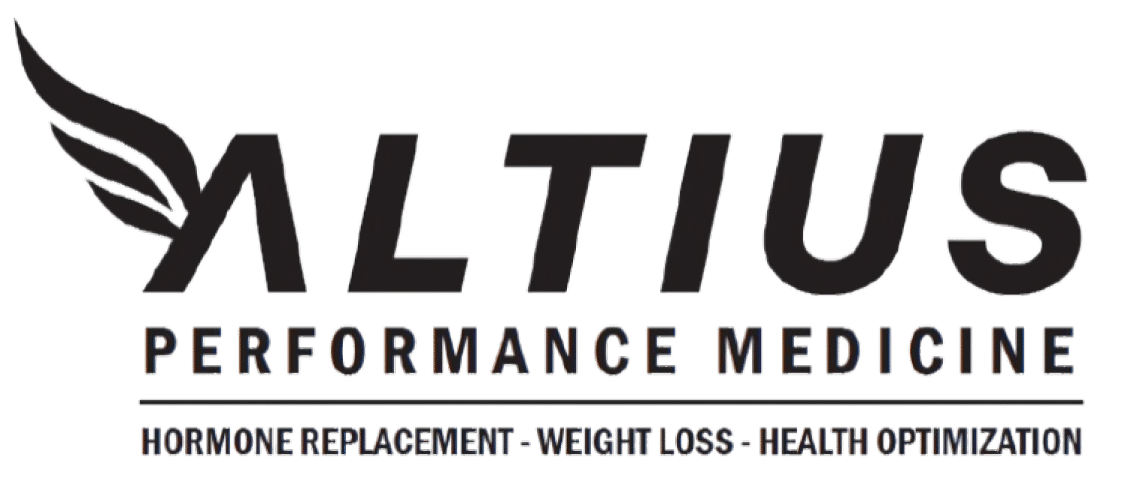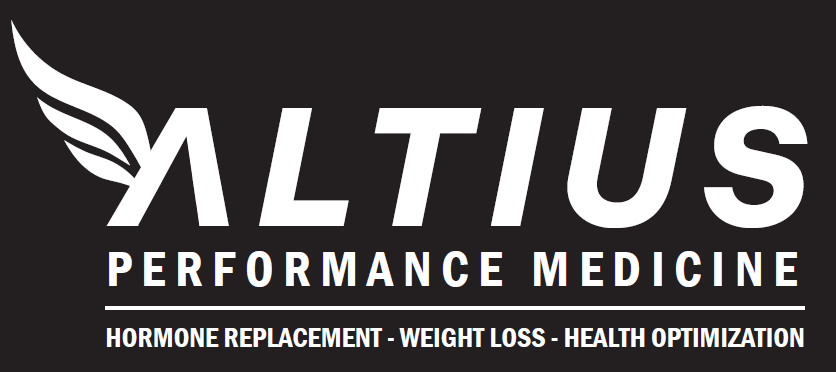Unveiling the Benefits and Risks of Testosterone Therapy
Testosterone, often referred to as the primary male sex hormone, plays a crucial role in various bodily functions. Beyond its association with masculinity, testosterone influences muscle mass, bone density, red blood cell production, libido, and overall vitality. However, as individuals age, testosterone levels may decline, leading to a range of symptoms that can impact quality of life. In response, many turn to testosterone therapy as a means of addressing these concerns. In this comprehensive exploration, we’ll delve into the nuances of testosterone therapy, examining its benefits, risks, and considerations one must bear in mind.
Understanding Testosterone and its Role
Testosterone, predominantly produced in the testicles in men and smaller quantities in the ovaries and adrenal glands in women contributes significantly to sexual development and reproductive function. It’s responsible for the growth and maintenance of male sex organs, the development of secondary sexual characteristics like facial hair, the deepening of the voice, and the regulation of libido.
However, testosterone’s influence extends beyond these stereotypical traits. It aids in producing red blood cells, contributes to muscle mass and strength, and supports bone density, cognition, mood regulation, and overall energy levels.
Symptoms of Low Testosterone
As individuals age, particularly men, testosterone levels tend to decrease naturally. This decline can lead to various symptoms, including reduced libido, erectile dysfunction, decreased muscle mass, fatigue, depression, irritability, and diminished bone density. While these symptoms can be part of the natural aging process, they can significantly impact one’s quality of life.
The Role of Testosterone Therapy
Testosterone therapy involves the administration of testosterone to address low levels in the body. This therapy comes in various forms, including injections, patches, gels, and implants, each with its method of delivery and absorption.
The primary goal of testosterone therapy is to alleviate the symptoms associated with low testosterone levels. Increasing testosterone levels can potentially improve libido, increase muscle mass, enhance bone density, boost mood, and elevate energy levels. However, it’s essential to recognize that results can vary from person to person, and not all symptoms may be alleviated by this treatment.
Benefits of Testosterone Therapy
- Improved Sexual Function: One of the most notable benefits reported by individuals undergoing testosterone therapy is an improvement in sexual desire and erectile function.
- Increased Muscle Mass and Strength: Testosterone plays a pivotal role in muscle development. Therapy can aid in preserving or increasing muscle mass, and enhancing strength and physical performance.
- Enhanced Mood and Cognitive Function: Some studies suggest that testosterone therapy may positively impact mood, cognition, and overall well-being.
- Bone Density Preservation: Testosterone helps maintain bone density. Therapy may assist in reducing the risk of osteoporosis and fractures associated with decreased bone density.
Risks and Considerations
While testosterone therapy presents potential benefits, it’s crucial to acknowledge the associated risks and considerations:
- Potential Side Effects: These may include acne, fluid retention, increased risk of blood clots, and in some cases, an exacerbation of sleep apnea.
- Cardiovascular Risks: There’s ongoing debate about the potential cardiovascular risks associated with testosterone therapy, including increased risk of heart attacks and strokes.
- Prostate Health: Testosterone therapy might exacerbate pre-existing prostate issues or potentially stimulate the growth of existing prostate cancer.
- Infertility: Testosterone therapy can suppress sperm production, leading to reduced fertility, which may be reversible after discontinuation of therapy but can be a concern for those planning to have children.
Testosterone therapy can offer relief to individuals grappling with symptoms stemming from low testosterone levels. Its potential benefits in improving sexual function, mood, muscle mass, and bone density are promising. However, the decision to undergo testosterone therapy should be made in consultation with a qualified healthcare provider. Understanding the individual’s health status, risks, and potential benefits is crucial in making an informed choice.
As research continues to unveil more about the complexities and nuances of testosterone therapy, a balanced approach, weighing the benefits against the risks, remains essential. Ultimately, personalized healthcare and informed decision-making are fundamental in optimizing the outcomes of testosterone therapy while mitigating potential risks.
Navigating Testosterone Therapy Clinics in Austin, Texas: A Comprehensive Guide to Choosing the Right Clinic
For individuals seeking testosterone therapy in Austin, Texas, navigating the multitude of clinics offering such services can be overwhelming. Choosing the right clinic for testosterone therapy is a crucial step towards ensuring safe, effective treatment tailored to individual needs. This guide aims to provide insights into finding reputable testosterone therapy clinics in Austin and essential considerations when selecting the most suitable clinic.
Understanding Testosterone Therapy Clinics
Testosterone therapy clinics specialize in diagnosing and treating low testosterone levels in individuals. These clinics offer a range of services, including hormone level assessments, personalized treatment plans, and ongoing monitoring to optimize therapy outcomes. When seeking such clinics in Austin, it’s essential to consider various factors to ensure a reliable and reputable choice.
Steps to Finding Testosterone Therapy Clinics in Austin, Texas
Conduct Comprehensive Research
Utilize online resources, search engines, and directories to compile a list of testosterone therapy clinics in Austin. Websites like Healthgrades, Yelp, or specialized directories for hormone therapy can offer insights into clinic locations, services offered, patient reviews, and overall reputation.
Verify Credentials and Accreditation
Ensure that the clinics you’re considering have certified healthcare professionals specialized in hormone therapy. Check for accreditations, affiliations with reputable medical associations, and certifications that guarantee the clinic follows ethical and professional standards in providing testosterone therapy.
Seek Referrals and Recommendations
Consult with your primary care physician or specialists for referrals to reputable testosterone therapy clinics. Additionally, seek recommendations from friends, family, or acquaintances who have undergone similar treatments. Personal experiences and referrals often provide valuable insights into the quality of care offered.
Assess Clinic Reputation and Reviews
Review online testimonials, forums, and social media platforms for patient feedback and experiences with various clinics. Pay attention to recurring positive or negative comments regarding the clinic’s services, staff professionalism, treatment effectiveness, and overall patient satisfaction.
Evaluate Services Offered
Different clinics may offer varied approaches to testosterone therapy, including different types of hormone replacement options (e.g., injections, gels, patches). Assess whether the clinic provides comprehensive hormone level assessments, customized treatment plans, and ongoing monitoring to optimize therapy outcomes.
Key Considerations When Choosing a Testosterone Therapy Clinic
Expertise and Qualifications of Healthcare Providers
Ensure the clinic has experienced healthcare professionals, such as endocrinologists or hormone therapy specialists, who are well-versed in managing testosterone therapy. Verify their qualifications, experience, and commitment to evidence-based practices.
Personalized Treatment Plans
Look for clinics that prioritize individualized treatment plans tailored to your specific hormonal needs. Avoid clinics offering a one-size-fits-all approach and opt for those that conduct thorough assessments and consider your overall health and lifestyle.
Comprehensive Monitoring and Follow-Up
A reputable clinic will not only initiate treatment but also provide ongoing monitoring and follow-up appointments to track progress, adjust treatment if necessary, and address any concerns or side effects that may arise during therapy.
Transparent Communication and Informed Consent
Choose a clinic that prioritizes transparent communication, providing detailed information about the treatment process, potential risks, expected outcomes, and costs involved. Ensure they obtain informed consent before initiating any therapy.
Facility Standards and Safety Measures
Visit the clinic or research online to gauge the clinic’s cleanliness, professionalism, and adherence to safety protocols. Ensure they follow regulatory standards and maintain a safe and hygienic environment for patients.
Selecting the right testosterone therapy clinic in Austin, Texas, requires thorough research, careful evaluation of credentials, and consideration of individual needs. Prioritize clinics that offer personalized care, experienced healthcare providers, comprehensive monitoring, and clear communication throughout the treatment process. Remember, the decision regarding testosterone therapy should involve discussions with qualified healthcare professionals who can assess your specific health status, discuss potential benefits and risks, and create a tailored treatment plan. By taking these steps and considering essential factors, individuals can find a reputable clinic in Austin, Texas, for safe and effective testosterone therapy.
Testosterone Therapy FAQ
1. What is Testosterone Therapy?
Answer: Testosterone therapy involves the administration of testosterone to address low levels of this hormone in the body. It’s commonly used to alleviate symptoms associated with hypogonadism (low testosterone levels), which can include reduced libido, erectile dysfunction, fatigue, decreased muscle mass, and mood changes. This therapy can be delivered via injections, gels, patches, or implants, aiming to restore testosterone levels to within a normal range.
2. Who is an Ideal Candidate for Testosterone Therapy?
Answer: Ideal candidates for testosterone therapy are individuals experiencing symptoms of low testosterone and have been diagnosed with hypogonadism. However, it’s crucial to consult with a healthcare provider to determine candidacy. They will consider factors like current health status, pre-existing conditions (especially prostate health), and the potential risks and benefits of therapy. Testosterone therapy might not be suitable for individuals with certain medical conditions like prostate cancer or those aiming to conceive due to its impact on fertility.
3. What Are the Benefits of Testosterone Therapy?
Answer: Testosterone therapy can offer several benefits, including improved libido, increased muscle mass and strength, enhanced mood, heightened energy levels, and potentially improved bone density. Many individuals report a noticeable improvement in their quality of life, especially regarding sexual function and overall vitality.
4. What Are the Risks or Side Effects of Testosterone Therapy?
Answer: Testosterone therapy, like any medical treatment, carries potential risks and side effects. These can include acne, fluid retention, increased risk of blood clots, worsening sleep apnea, and in some cases, breast enlargement (gynecomastia). There’s ongoing debate regarding the cardiovascular risks associated with testosterone therapy, including potential increased risk of heart attacks and strokes. It’s crucial to discuss these risks with a healthcare provider before starting therapy.
5. How Long Does It Take to See Results from Testosterone Therapy?
Answer: The timeline for experiencing results from testosterone therapy varies among individuals. Some may notice improvements in symptoms within a few weeks, particularly concerning energy levels, mood, and libido. However, changes in muscle mass, strength, and bone density may take longer, often several months. The effectiveness and timeline of results depend on various factors, including the individual’s age, overall health, dosage, and the method of testosterone delivery.
Always consult with a qualified healthcare professional before considering or initiating testosterone therapy. They can assess your specific health situation, discuss potential benefits and risks, and create a tailored treatment plan that aligns with your needs and goals.





